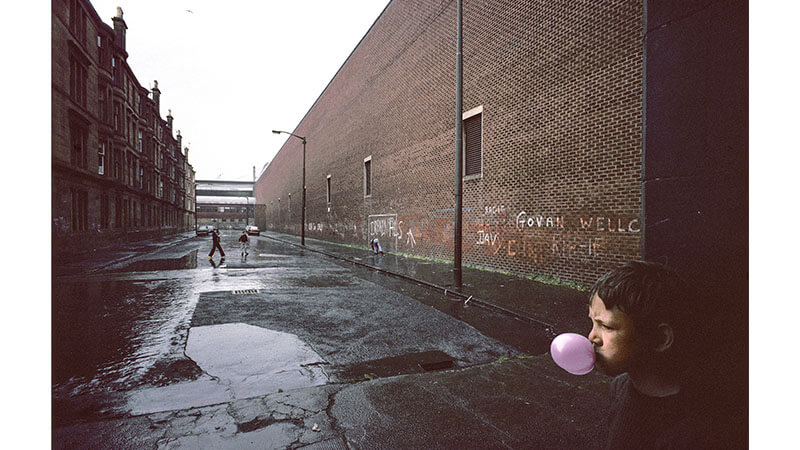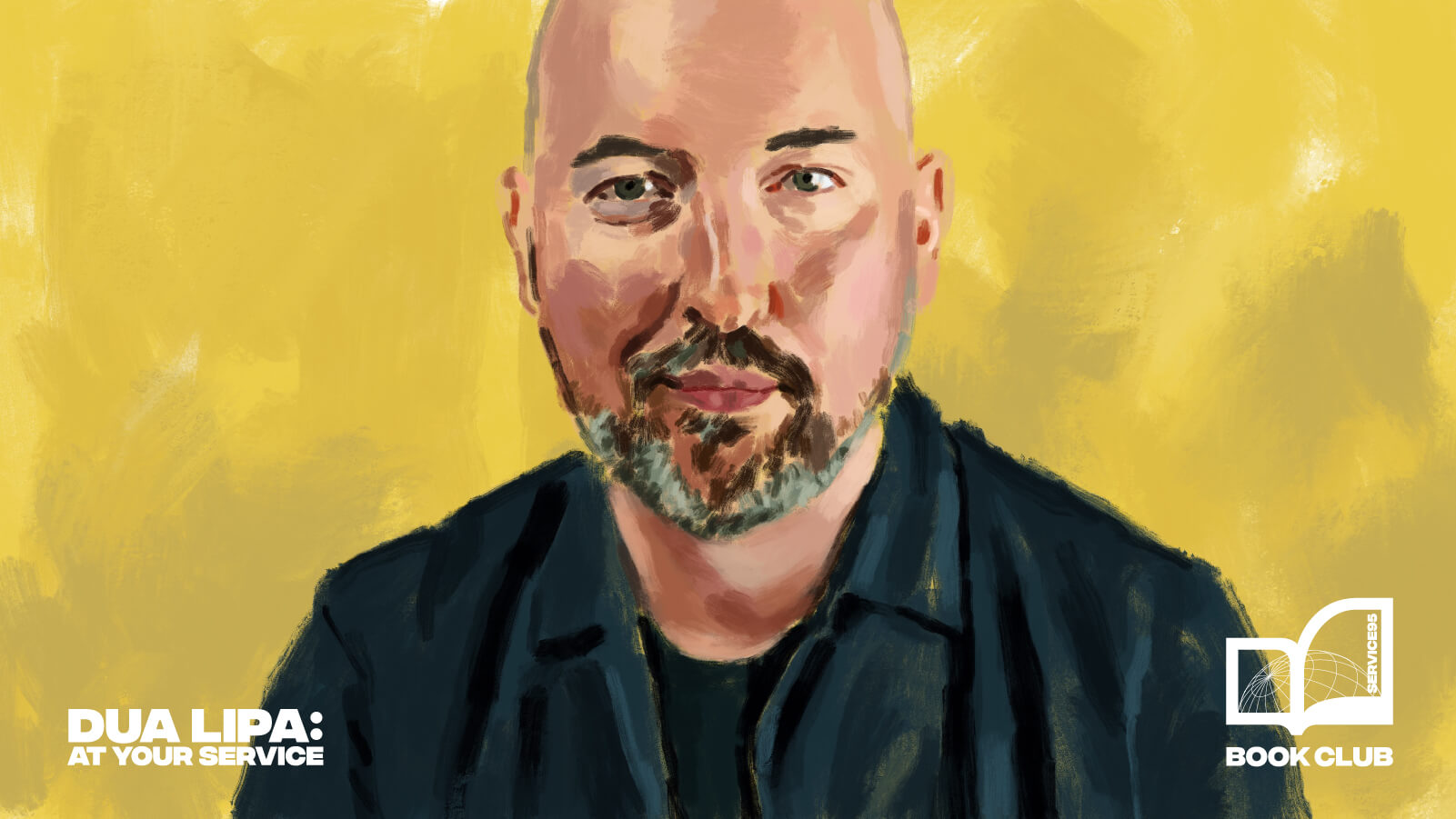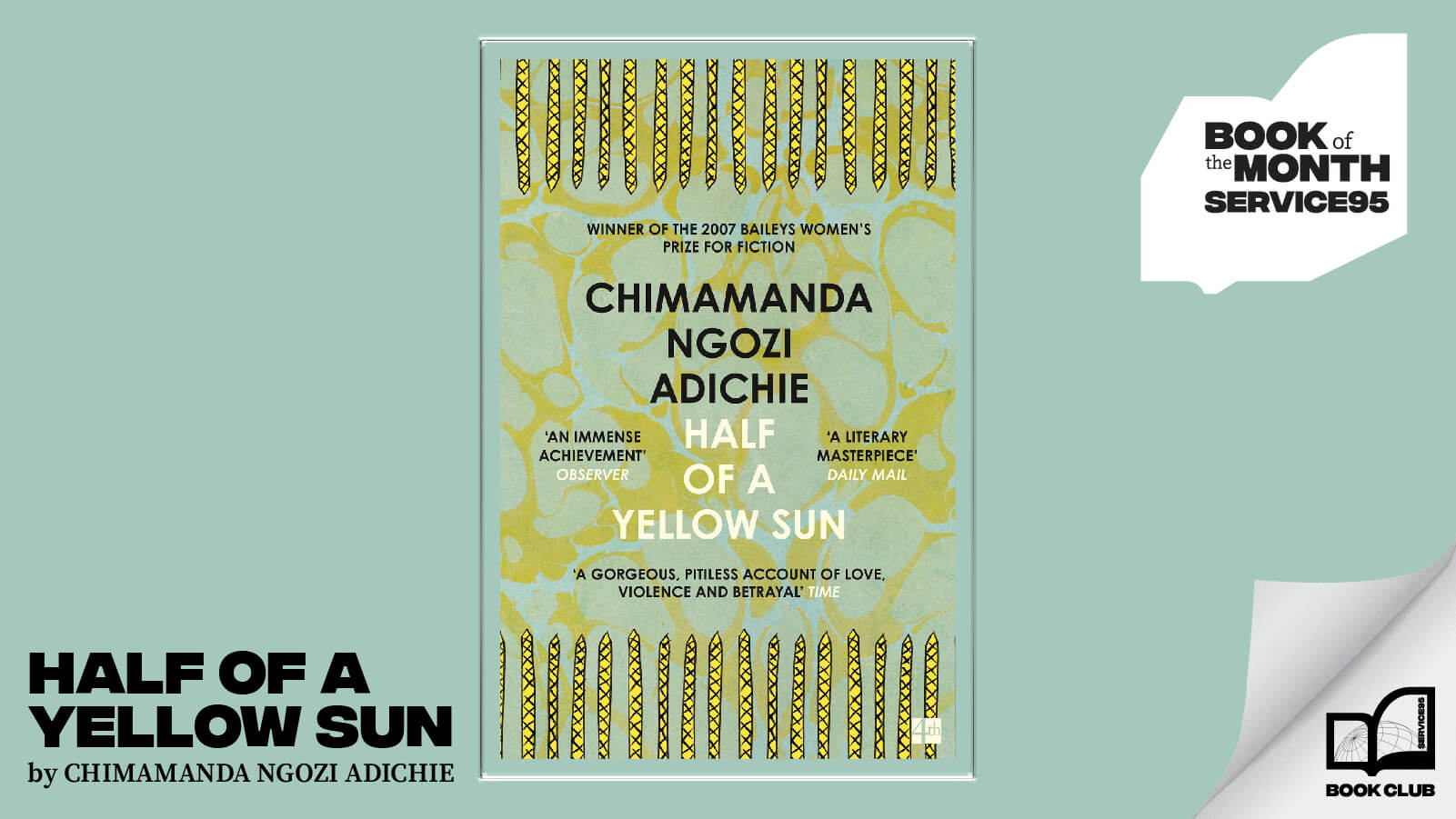Juan Gabriel Vásquez: “One Hundred Years Of Solitude Is Everything You Look For In A Novel”
Juan Gabriel Vásquez is a Colombian novelist, whose critically acclaimed books include Retrospective, The Sound Of Things Falling and The Shape Of The Ruins. To celebrate Book Club’s October Monthly Read, One Hundred Years Of Solitude, Vásquez sits down with Service95 to discuss the lasting legacy of Gabriel García Márquez’s masterpiece, the revelatory impact it had on him and how he believes it embodies everything a great novel should be…
How did you feel when you first read Gabriel García Márquez?
I had read his shorter novels since I was 12, but the discovery of One Hundred Years Of Solitude when I was 16 was a moment of transformation. It was the first revelation that writing and reading fiction was something I would like to do for a living. You can’t underestimate the power of that book for me.
What makes it such a classic?
Firstly, it is absolutely great storytelling. There’s not a single page in One Hundred Years Of Solitude in which there’s not something extraordinarily interesting happening. But all this is done in the most sophisticated way from a literary point of view. The construction of the novel is so astute, the organisation of time is so complicated, but you never feel that it is complicated. And the style is masterly. It’s everything you look for in a novel.
Can you describe the style of magical realism García Márquez uses in the novel?
Magical realism is the narration of supernatural events in a very natural way, but it is also the opposite, narrating very banal moments – such as going to discover ice – like they were momentous, magical events that change your life. And the two things put together are what makes magical realism. It created a new way of looking at the world. In the 1960s, you had the centre and you had the periphery in culture and in literature, and magical realism allowed for writers in South America, in Asia, in Africa, to look at their worlds in a way that maybe they hadn’t been able to look before.
What do you think One Hundred Years Of Solitude tells us about Colombia?
It’s an exploration of a certain character that belongs to a little corner of Colombia. Márquez was born in a little town, Aracataca, near the Colombian Caribbean in 1927. The world discussed in One Hundred Years Of Solitude belongs to that Caribbean culture. It’s a world that is very different from the one I lived in, growing up in Bogotá, a city of 8 million people, which is built in the middle of the mountains, 2,600metres above sea level. In character, in temperament, in culture, we’re polar opposites. The fact that the greatest Colombian novel did not come from Bogotá, the centre of political power, just makes me so happy.
Like García Márquez, you have also written about violent periods of Colombian history…
One of the constant presences in Colombian literature is the examination of violence. Violence takes a central place in One Hundred Years Of Solitude as it does in my books and it’s predictable because countries produce novels about the big questions they have. And a history of violence in Colombia is our greatest source of preoccupation. We struggle to answer the question of why the endless cycles of violence never cease. Much of his work is, in a sense, an exploration of that question. How do you turn the difficult Colombian history of violence and social unrest into literature?
Another thing you have in common is that you both left Colombia in order to write about it…
It is in fact an old Latin American tradition. It goes back at least to the Nicaraguan poet Rubén Darío, who arrived in Paris in 1900, believing that only Parisian critics could give him the authorisation to call himself a poet. The attitudes have changed since then, but the practice remains. García Márquez wrote the great Colombian novel in Mexico; Mario Vargas Llosa wrote the great Peruvian novel in Paris; Julio Cortázar wrote all of his great works in Paris, and Carlos Fuentes travelled all around the world. It’s as if for some reason, we need to leave our countries and look at them from a distance.
What’s happening in the world of Latin American literature today?
What I see is a huge landscape of extraordinary writers, writing in very different ways, coming from very different traditions, which is obviously something we learned from the Latin American Boom. But I think we all have this in common – that we work within the boundaries of a tradition that was radically transformed 60 years ago with the discovery of writers such as Jorge Luis Borges, Gabriel García Márquez and Mario Vargas Llosa. The language in which we work is richer and more flexible and even more generous than it was before because we are standing on the shoulders of these people.




